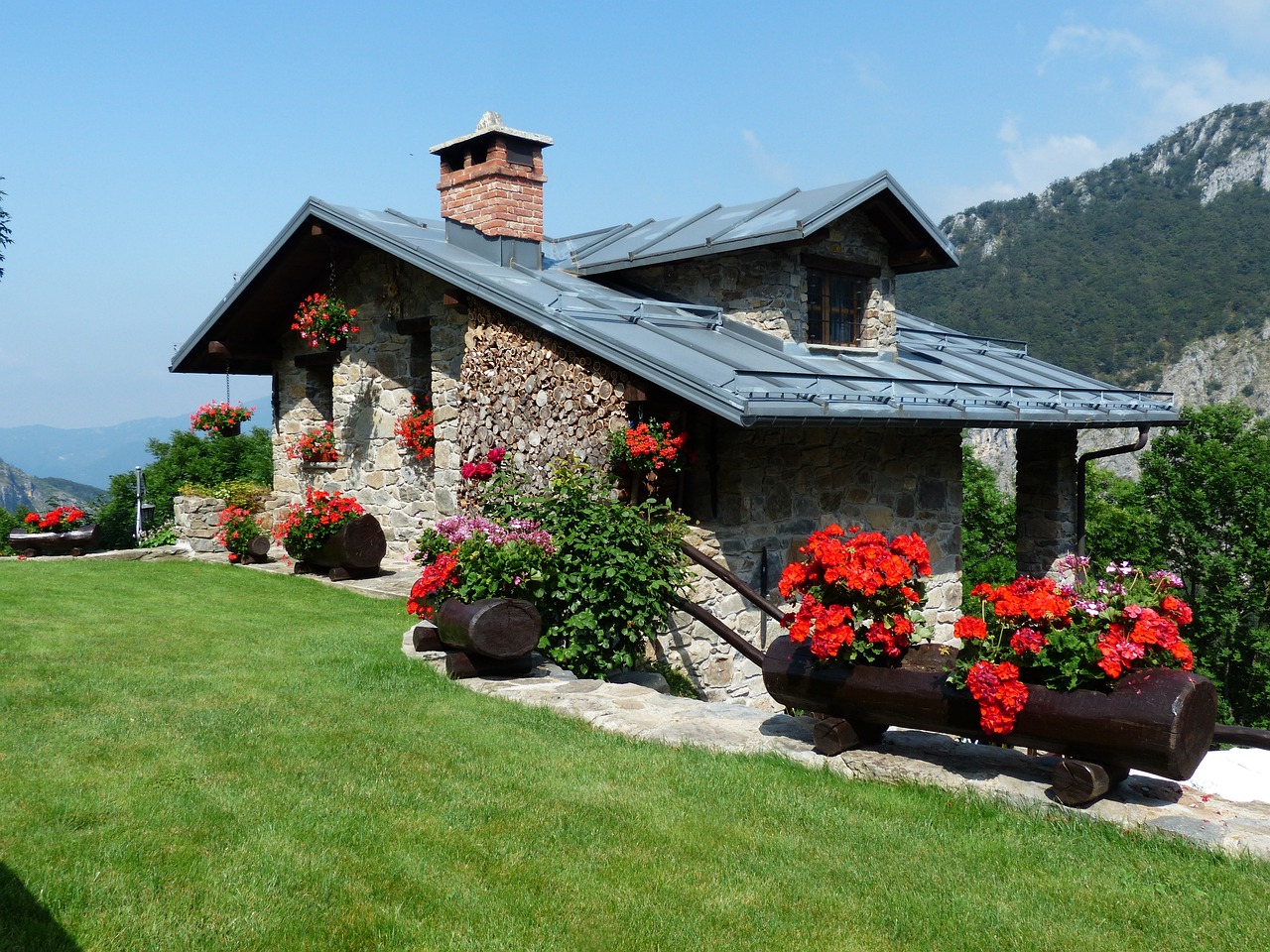When it comes to insuring a second home, there are some important factors to consider to ensure your property is well-protected.
Table of contents [Show]
Type of Usage
Your second home might be used differently from your primary residence. If you're renting it out to tenants, you'll likely need specialized coverage, like landlord insurance. If it's only for personal use, standard home insurance might suffice.
Location Matters
The location of your second home can affect your insurance rates. If it's in an area prone to natural disasters like hurricanes, floods, or wildfires, you might need additional coverage or endorsements to protect against these risks.
Vacant vs. Occupied
Insurance companies might view a second home that's frequently unoccupied as riskier. Be clear about how often the property will be used to ensure you have the right coverage in place.
Liability Coverage
Just like with your primary residence, liability coverage is crucial. It protects you if someone gets injured on your property. If you plan to rent out the second home, liability coverage becomes even more important.
Personal Belongings
If your second home is furnished, you'll want coverage for the belongings you keep there. Consider the value of your items and ensure your policy's personal property coverage is sufficient.
Additional Living Expenses
If your second home becomes uninhabitable due to damage, you might need temporary lodging. Make sure your policy includes coverage for these additional living expenses.
Security Measures
Security systems, alarms, and smoke detectors can lower your insurance premiums. Inform your insurer about any security features you have in place.
Local Regulations
Some areas have specific insurance requirements or regulations for second homes. Be aware of any local rules that might impact your coverage choices.
Coverage Limits and Deductibles
Review the coverage limits and deductibles to understand how much you'll be responsible for in case of a claim. Adjust them based on your comfort level and financial situation.
Discounts and Bundles
Inquire about potential discounts for things like bundling your second home insurance with your primary residence, or if you have other policies with the same insurer.
Rental Income
If you're renting out your second home, rental income is another consideration. Certain policies might offer coverage for lost rental income if the property becomes unlivable.
Regular Check-ins
Make sure to periodically review and update your insurance as circumstances change, such as property renovations or changes in usage.
Remember, every second home is unique, so it's crucial to discuss your specific situation with an insurance professional. Taking all these things into account can help ensure your second home is well-protected and that you're prepared for any unexpected events.








